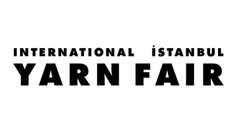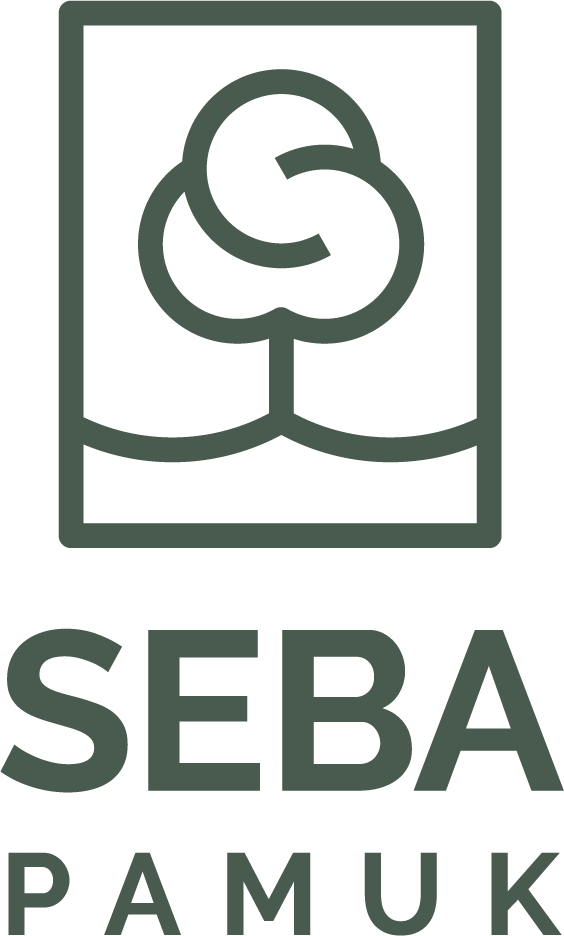| Company Name | Contact Info | Location | ||||||||||||
|---|---|---|---|---|---|---|---|---|---|---|---|---|---|---|
|
SEBA PAMUK TEKSTİL SAN. VE TİC. LTD. ŞTİ.
Eyüp Sultan Mah. Doğu Çevre Yolu Blv. No: 106/A / Dulkadiroğlu / KAHRAMANMARAŞ / TÜRKİYE
|
Contact Info: +90 532 682 6667
|
Hall: 3
Stand: 310A
|
||||||||||||
| Product Groups | ||||||||||||||
|
||||||||||||||
- Company Info
- Products
- Represented Companies
- Company Brands
Seba Cotton Textile is a cotton manufacturer based in Kahramanmaras, Turkey. It has a central production facility and two warehouses. Seba Cotton Textile supply pressed cotton and various spinning cotton waste in a total area of 45.000 m², 21.000 m² of which is closed and 24.000 m² of which is open. Annually,Seba Cotton Textile supply 20.000 tons of Pressed Cotton and 25.000 tons of Spinning Cotton Waste and besides the local customers,Seba Cotton Textile has customers from China, Russia,Germany,Italy,Pakistan,Vietnam and France. Seba Cotton Textile aims to provide a cleaner environment and more sustainable resources to future generations by acting with a zero-waste principle in its operations. In addition, it has documented its corporate responsibility towards the environment and people with recycling and sustainability certificates.
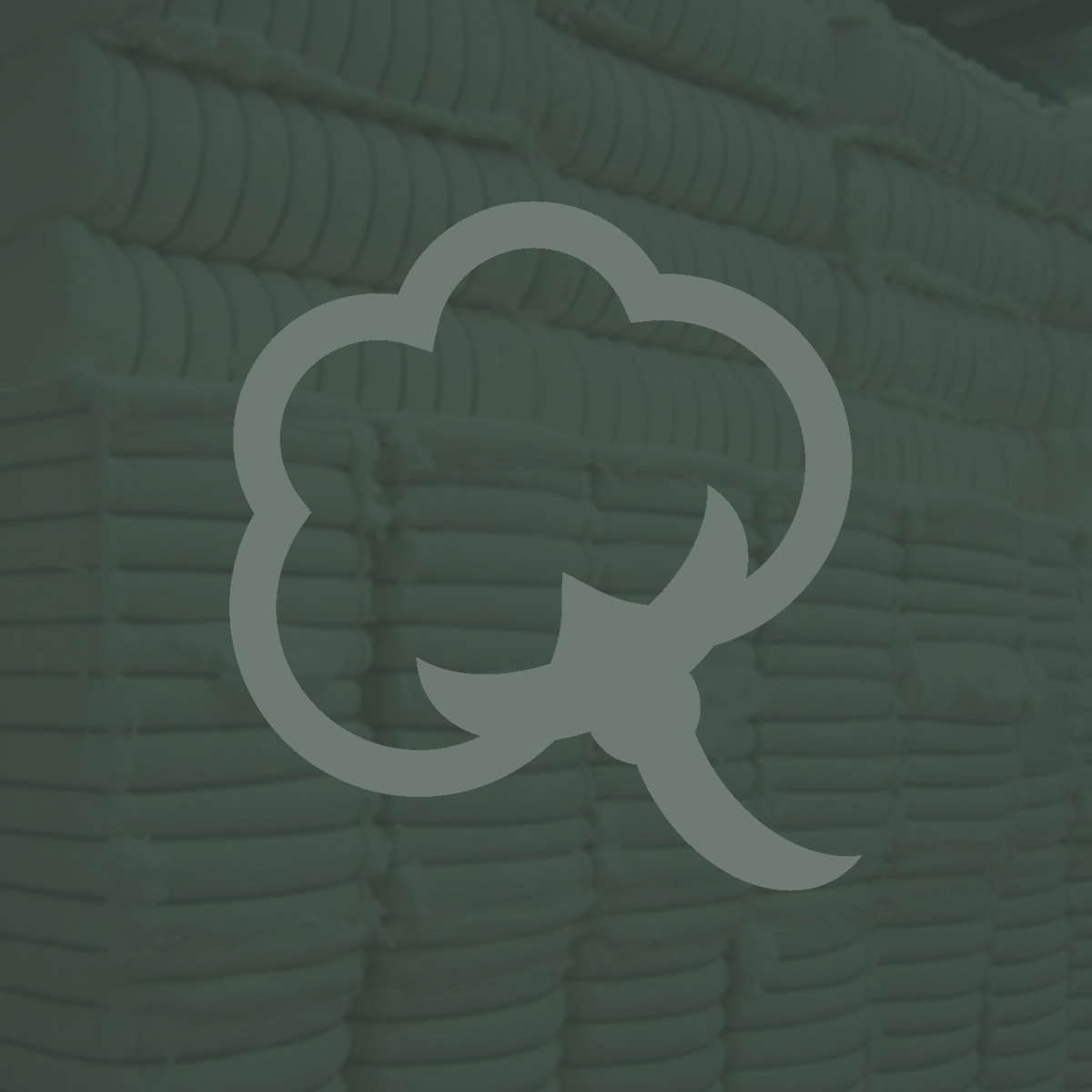
Carefully selected machine-picked cotton bales from the regions of İzmir, Şanlıurfa, Adana, Kahramanmaraş, Diyarbakır, and Hatay are meticulously sorted in our warehouses, awaiting shipment to spinning mills.
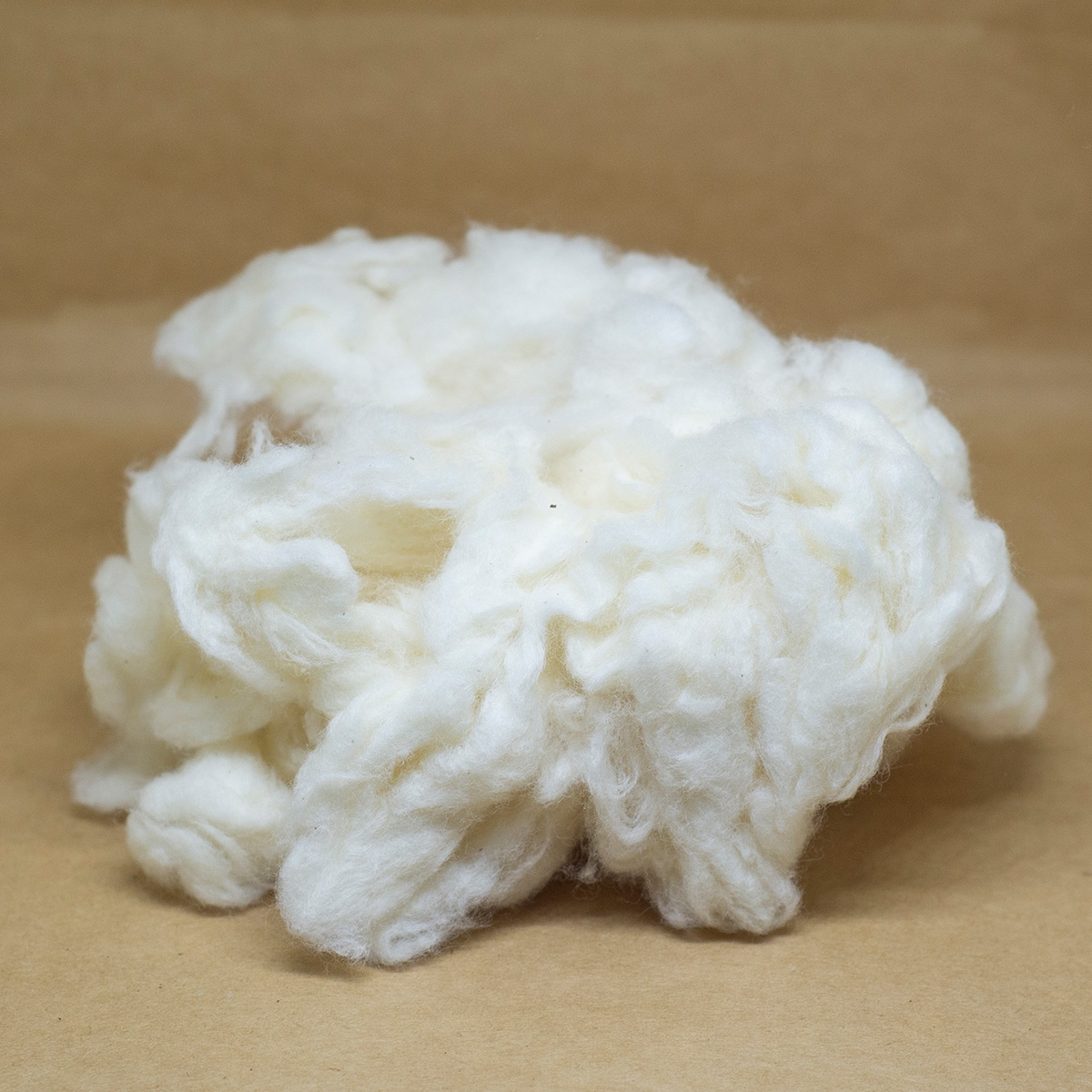
During the combing process of cotton fibres, the short fibres are removed from the processed yarn. This extracted waste is termed as cotton comber or comber noil. Noil being trash free, can be used for diverse purposes such as currency paper, security paper, surgical materials, and blending for open end spinning yarn mills. We can supply bleached comber noil upon request
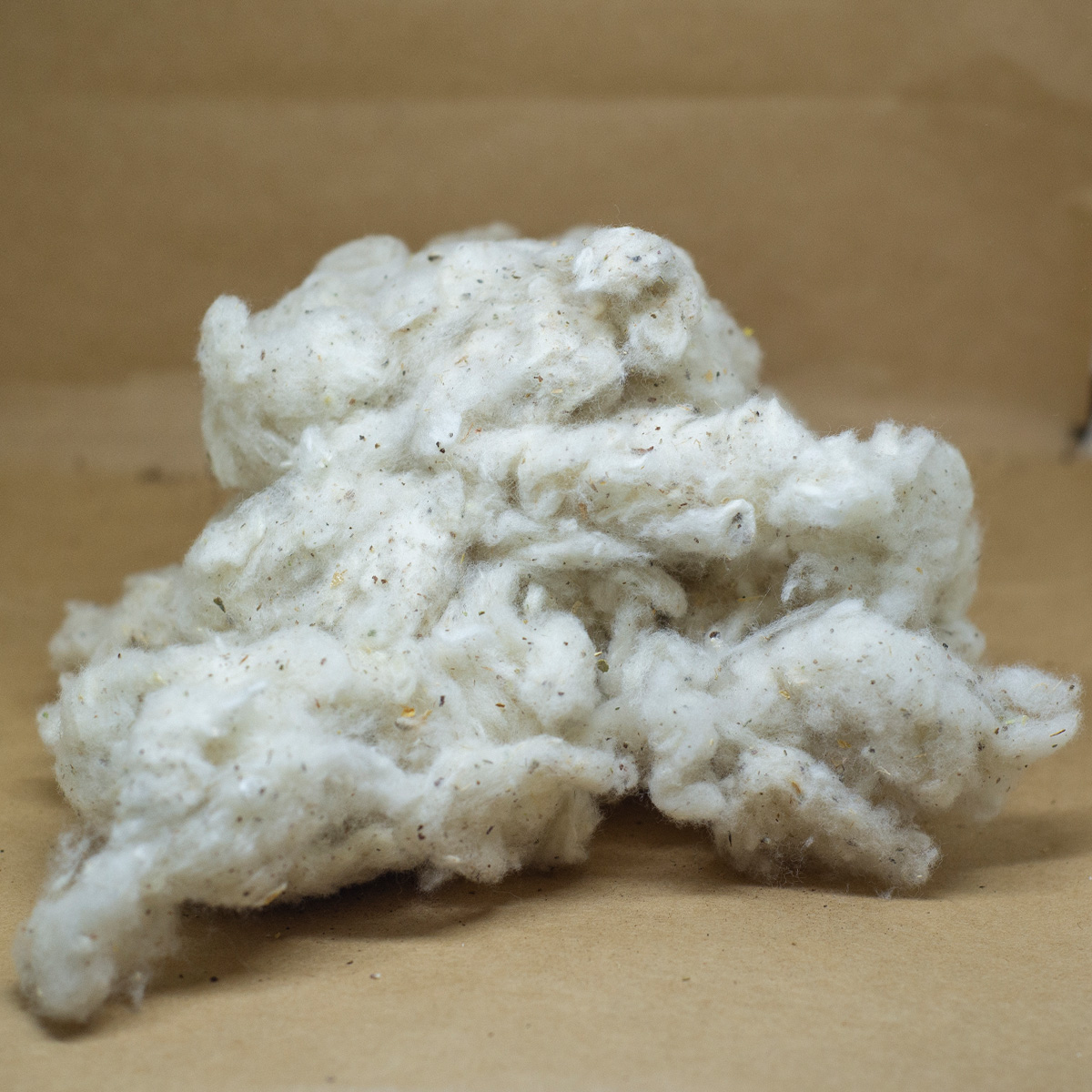
This type of cotton fiber is derived from carding machines. Carding is a mechanical process that disentangles, cleans and intermixes fibers to produce a continuous web or sliver, suitable for subsequent processing.
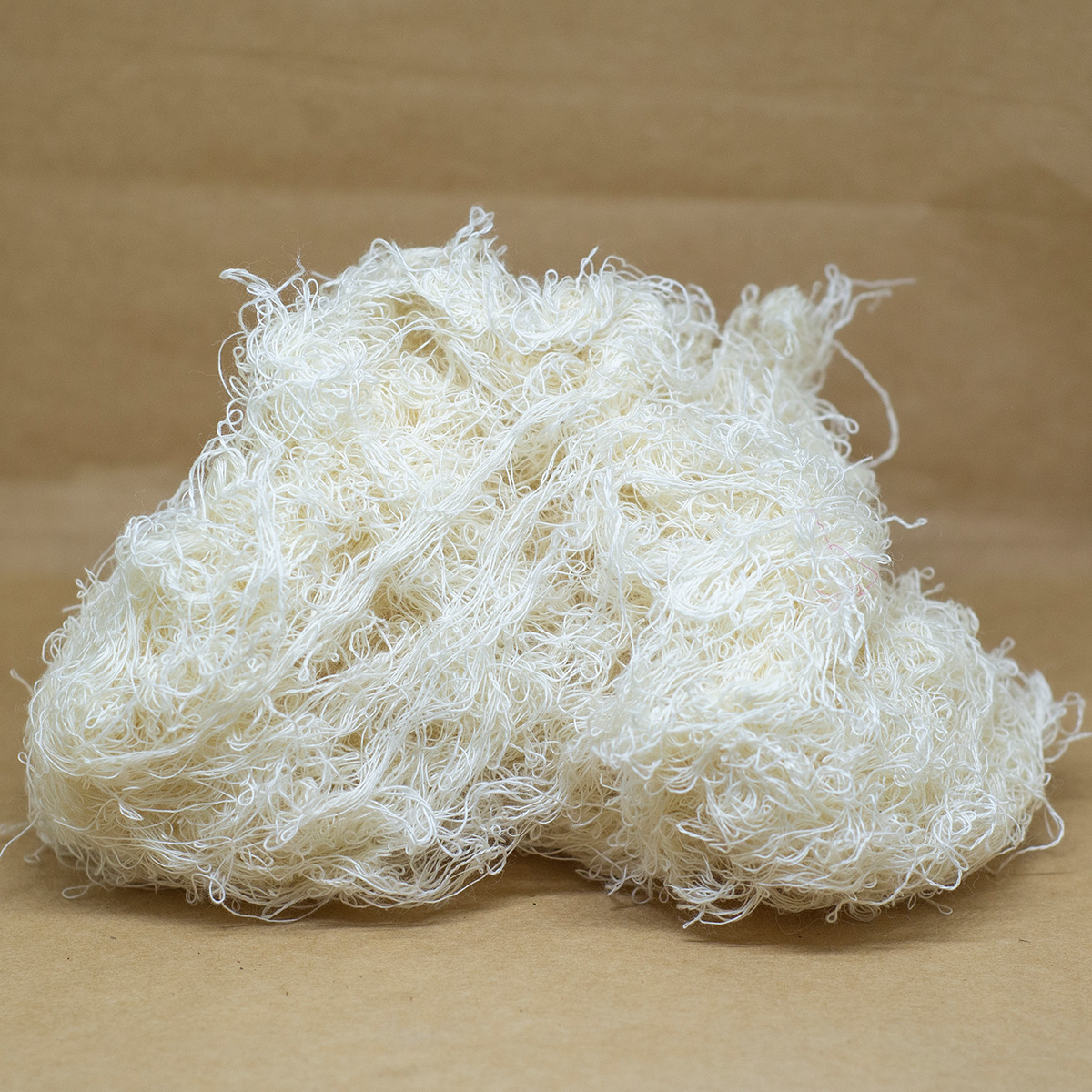
These are the pieces of yarn that are separated after errors that occur during the spinning process. %100 Cotton Ring yarn thread waste.
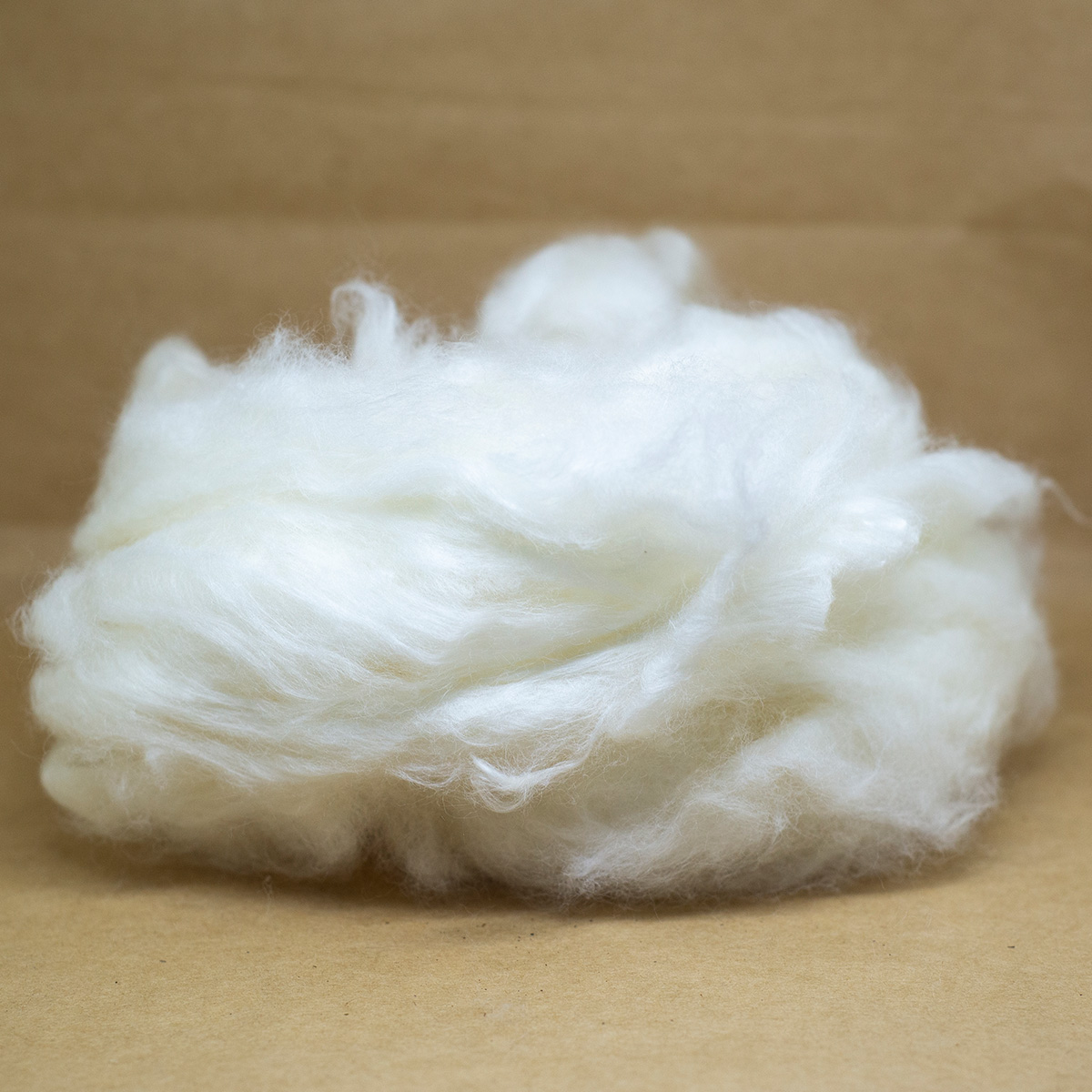
During roving and spinning (for ring spinning), some fibers cannot join yarn or roving body. Hence, parts that could not join the body are dropped and formed fiber fly. These fibers are sucked by pneumatic systems that are placed after delivery rollers and they are collected in the machine. Moreover, if end breaks happen in yarn or roving, the same system collects flowing fibers after leaving delivery rollers until operator s intervention.The waste fibers formed in this process are called pneumafil.
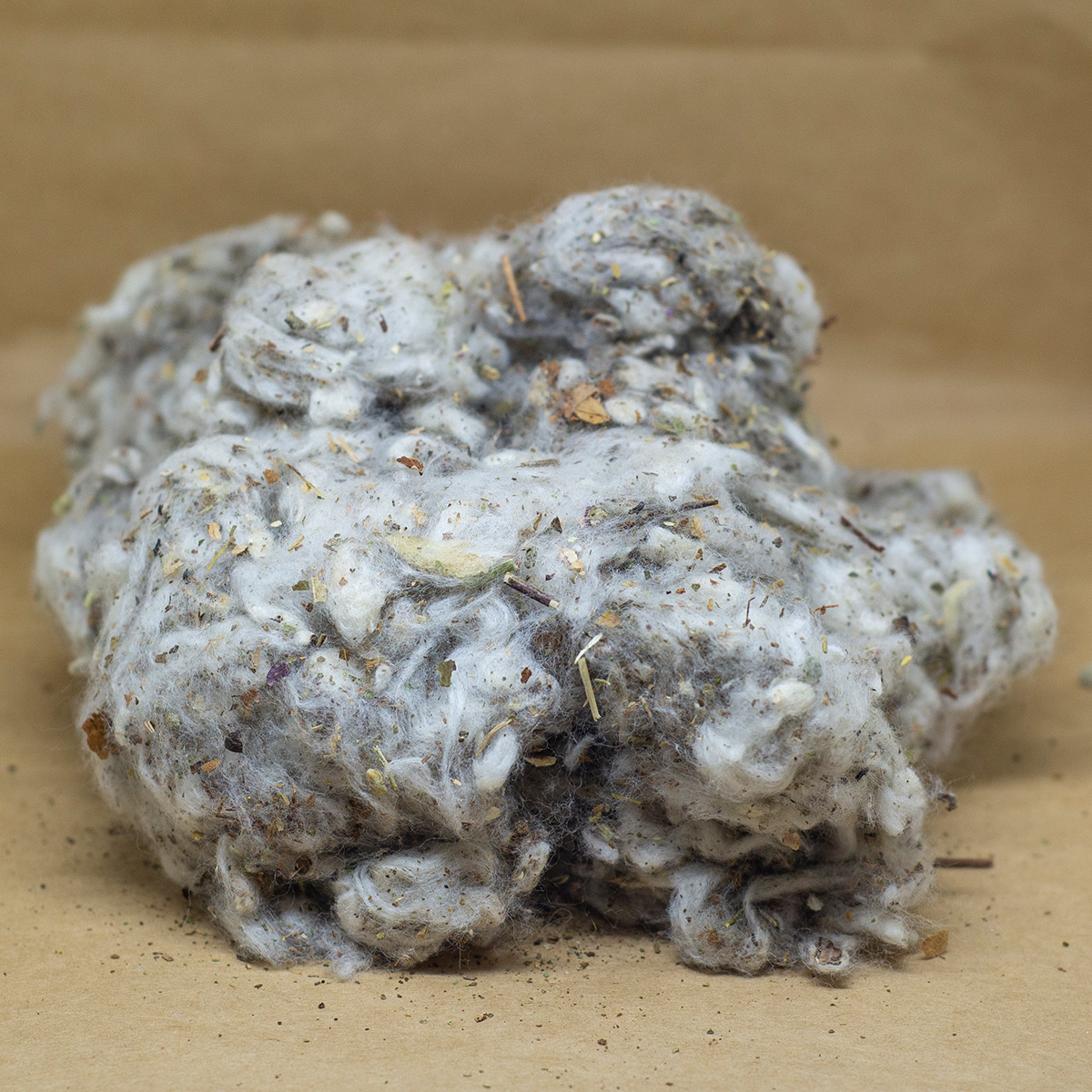
Blow room is a first cleaning process of raw cotton.These fibers have many impurities and have a redundant amount of long and good fibers.
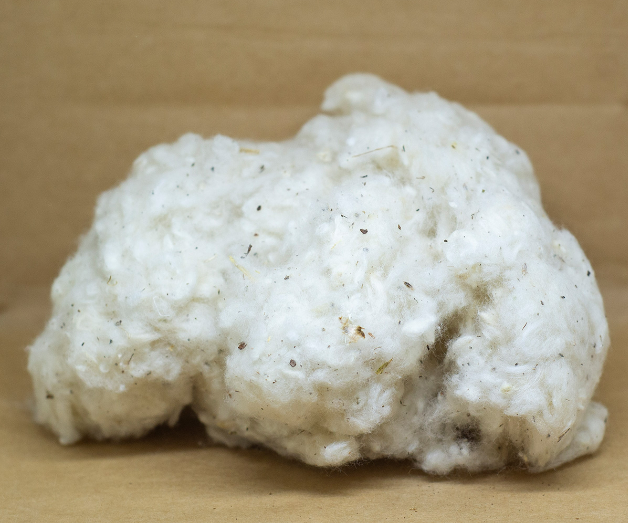
Long and high quality blow room wastes undergo a certain cleaning and carding processes. The cleaned fibers are pressed and made ready for use in the open-end facilities.
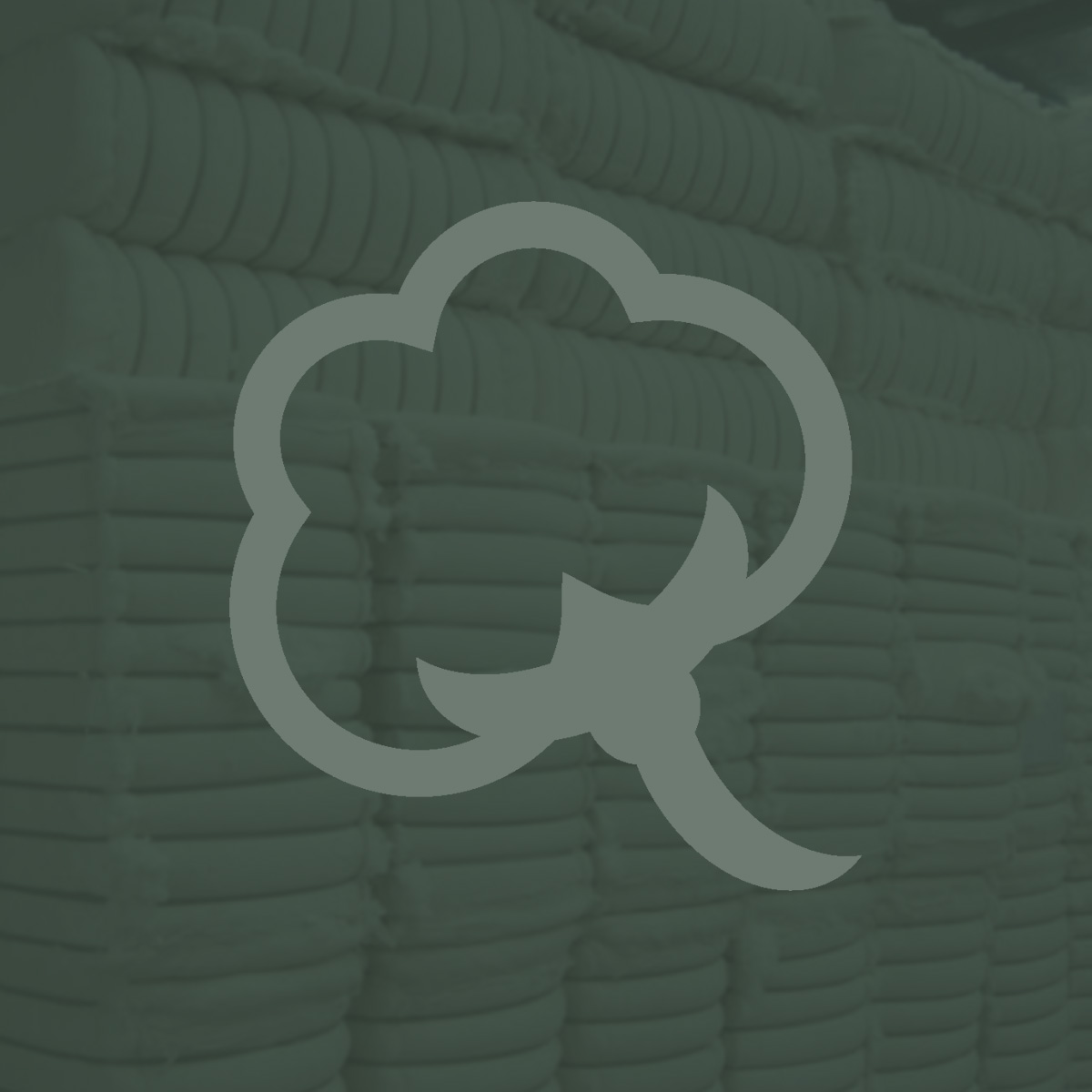
Cotton linter is a byproduct of the cotton ginning process, specifically the separation of cotton fibers from the seeds. It consists of short fibers, fuzz, and other plant materials that remain after the cotton lint is removed. Cotton linter is typically much finer than regular cotton lint and is used in various applications, including: Paper Production, Textiles, Chemical Industry, Gunpowder, Filler Material.
No represented companies found.
The company has no registered brand information.

 TR
TR